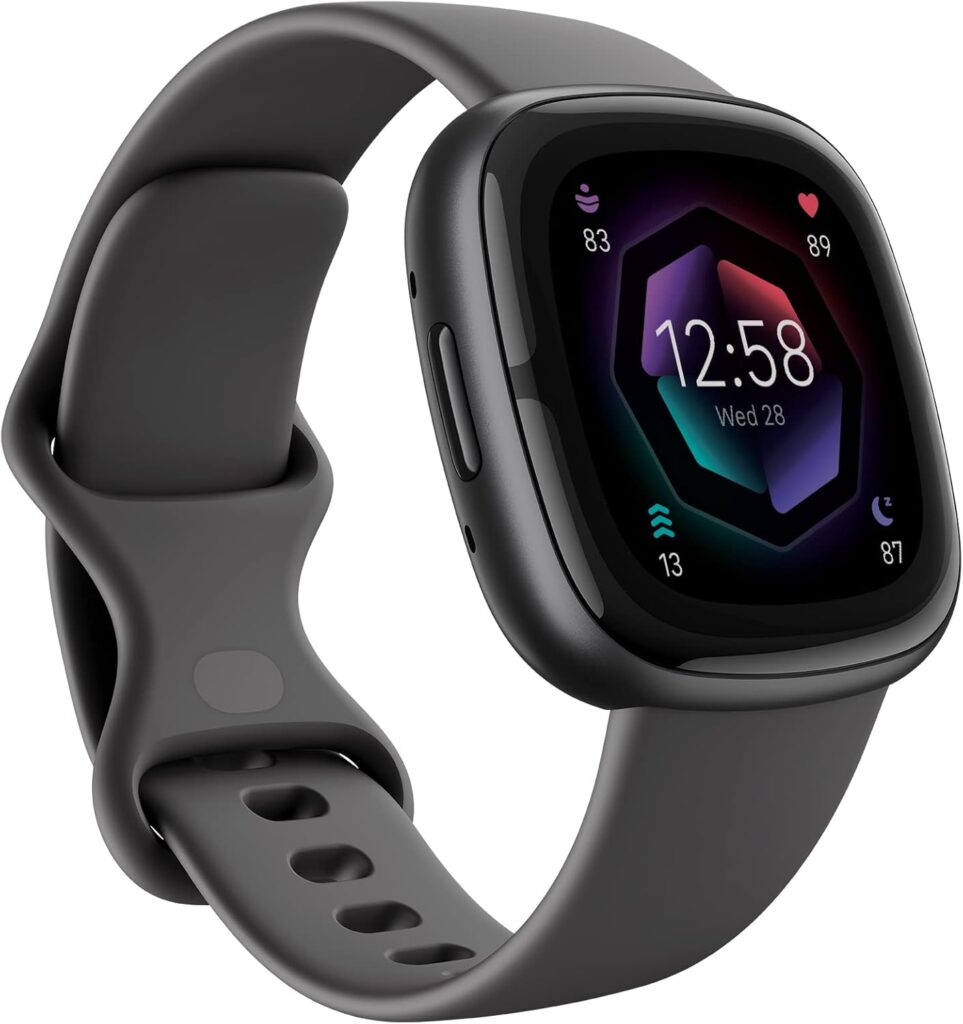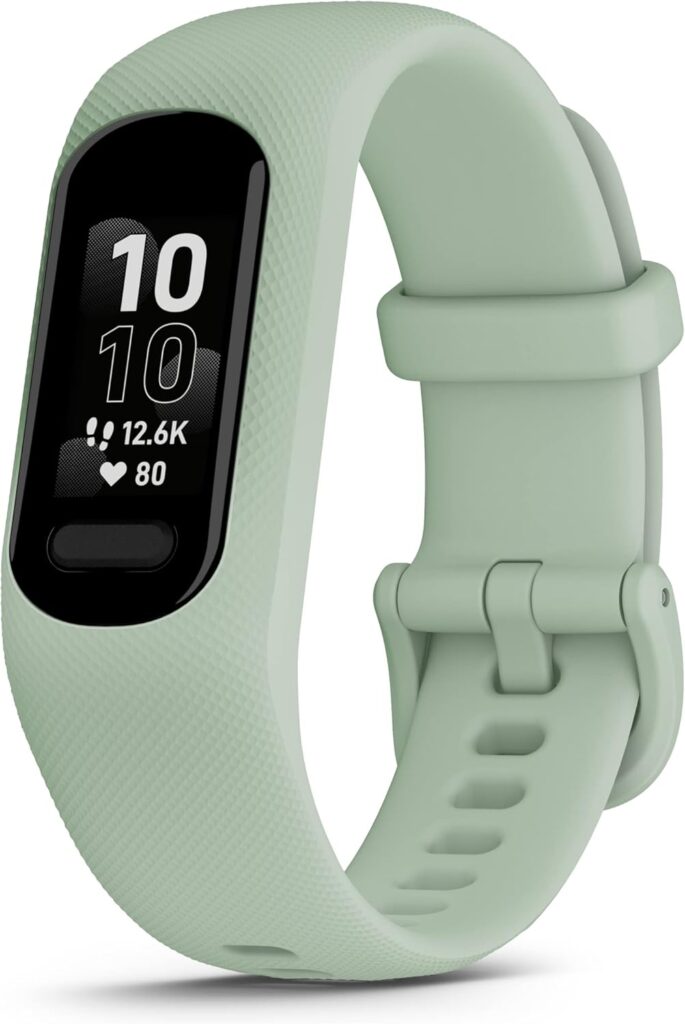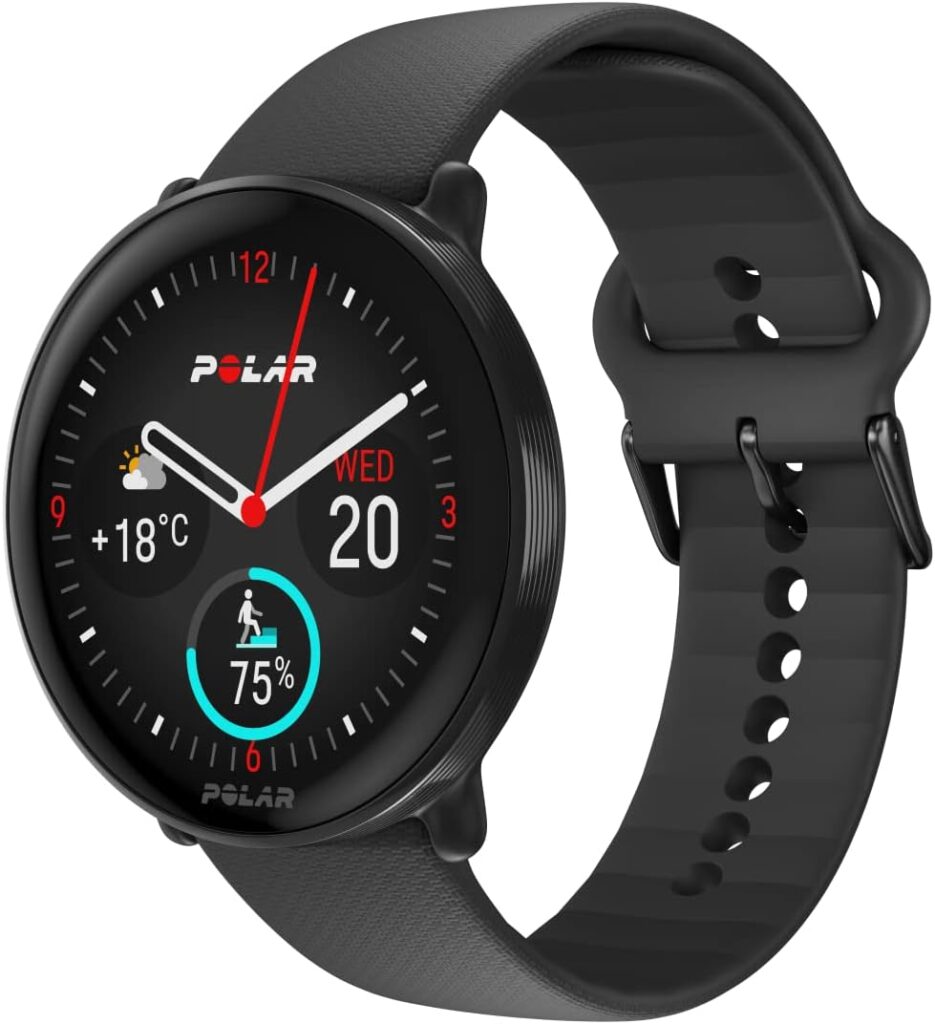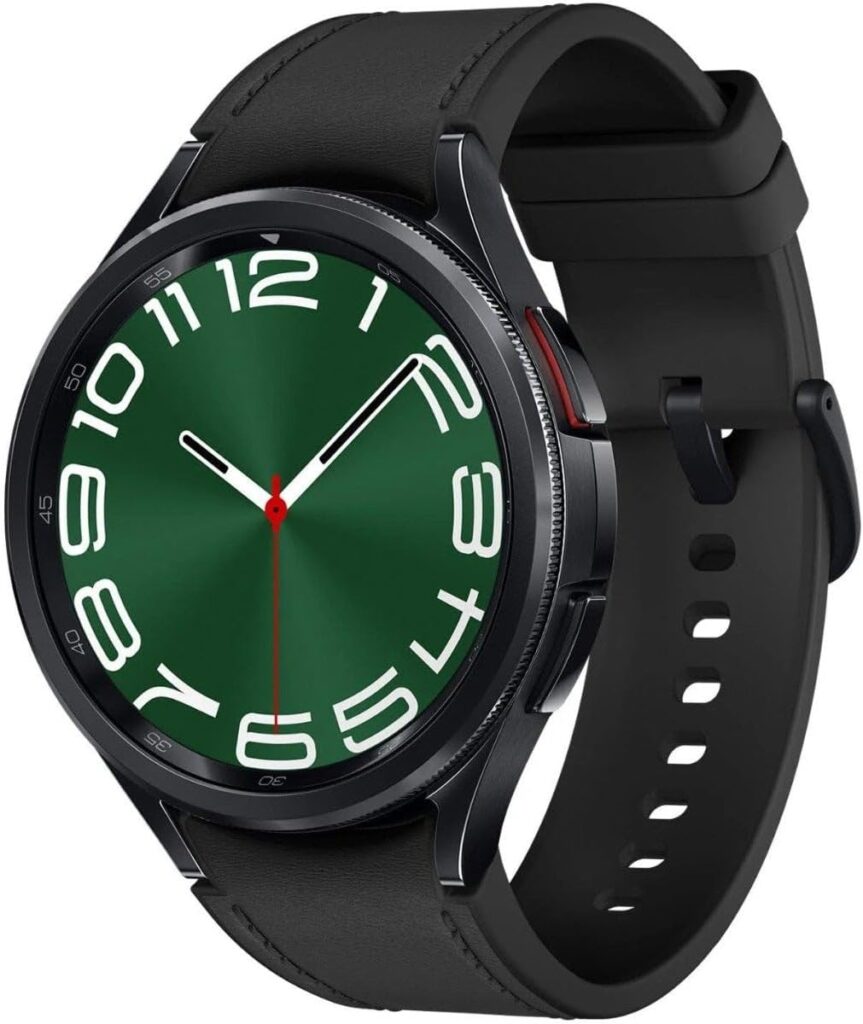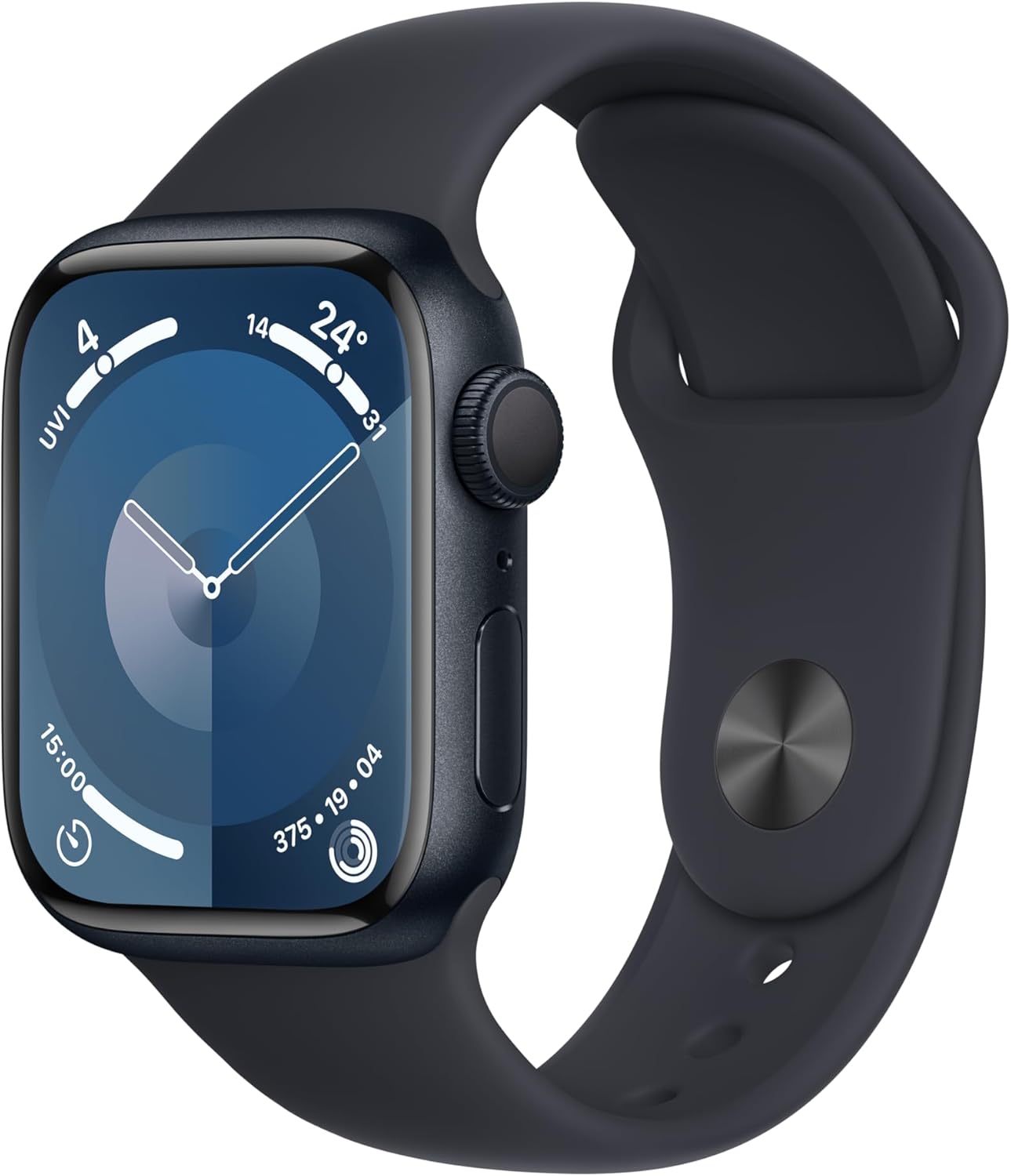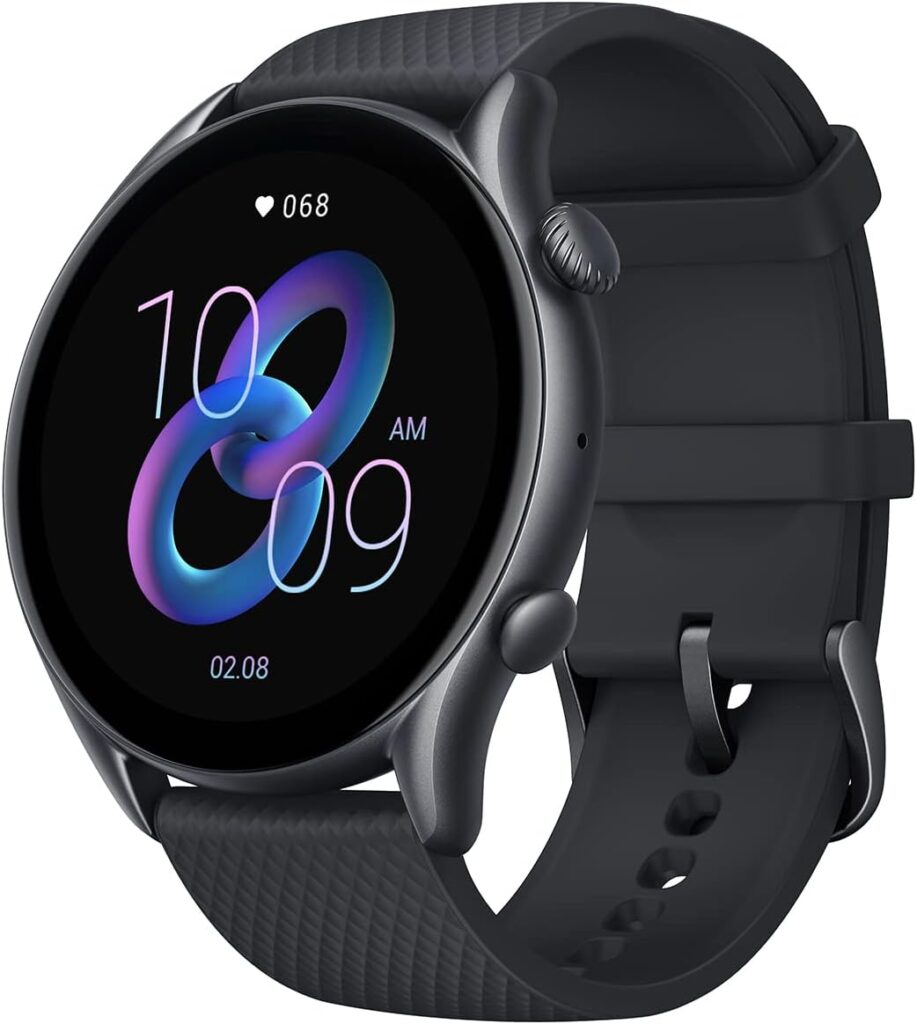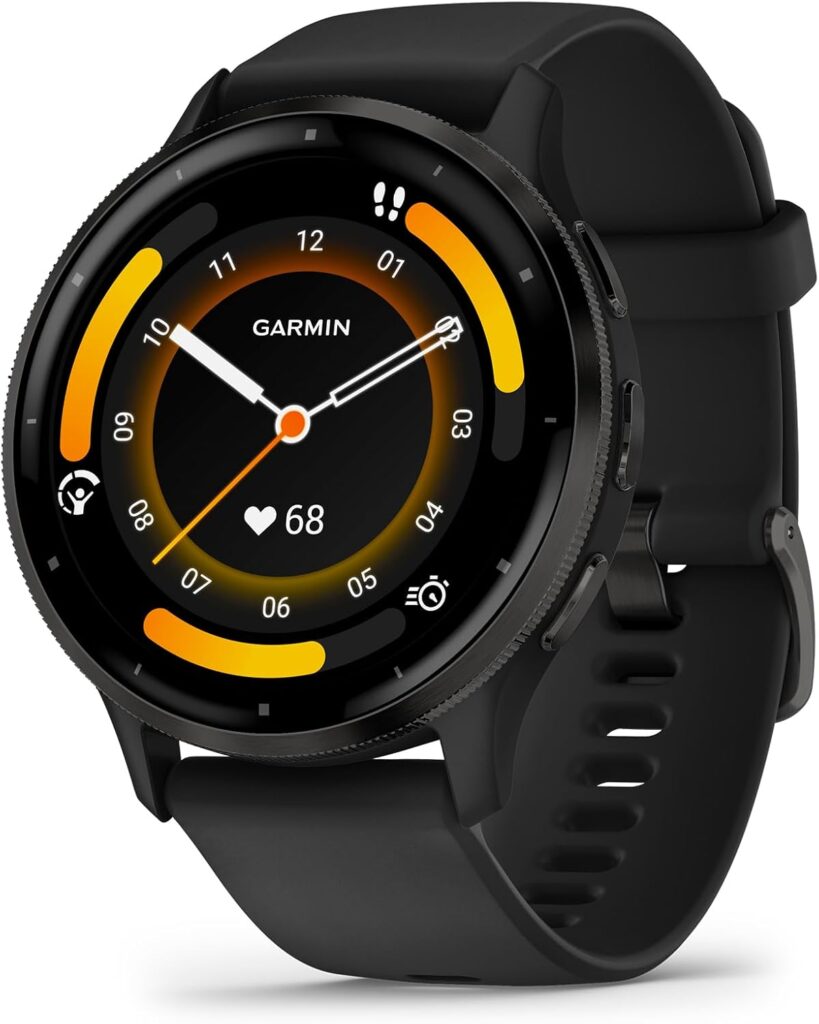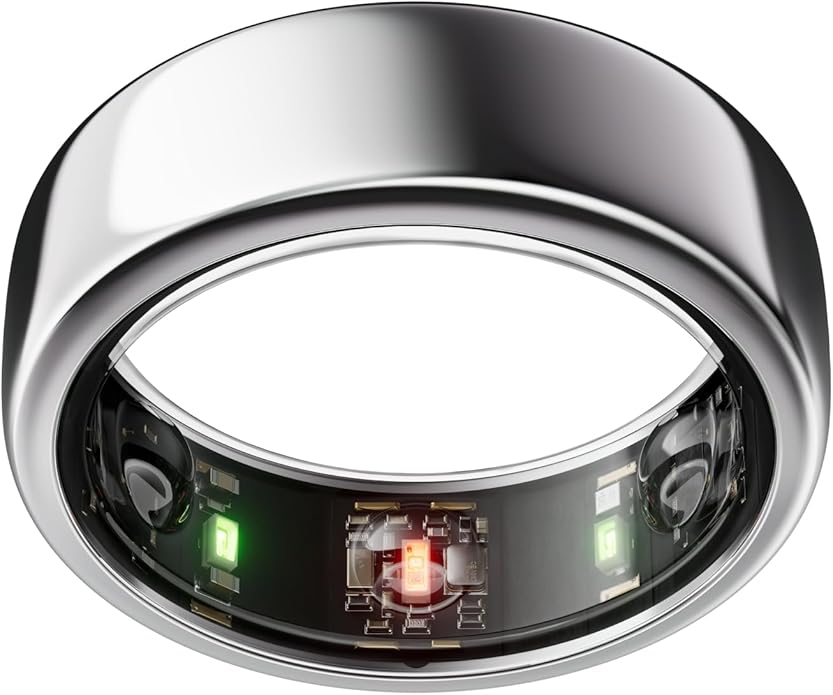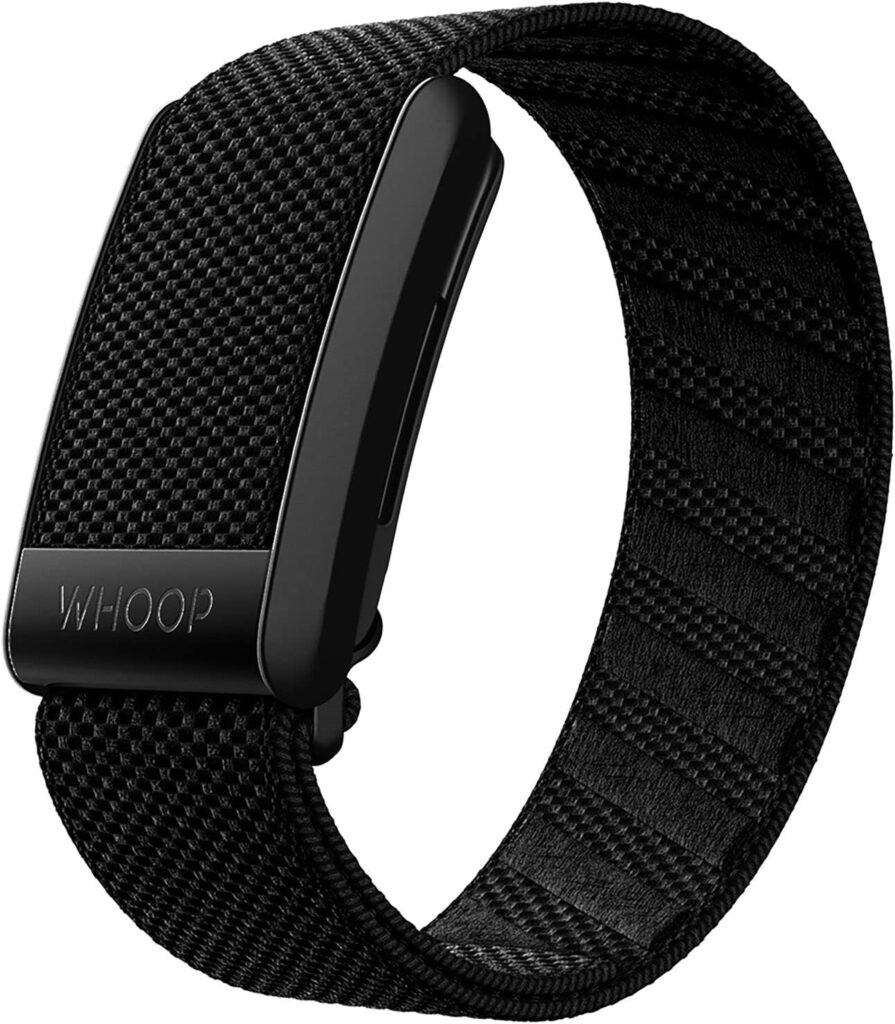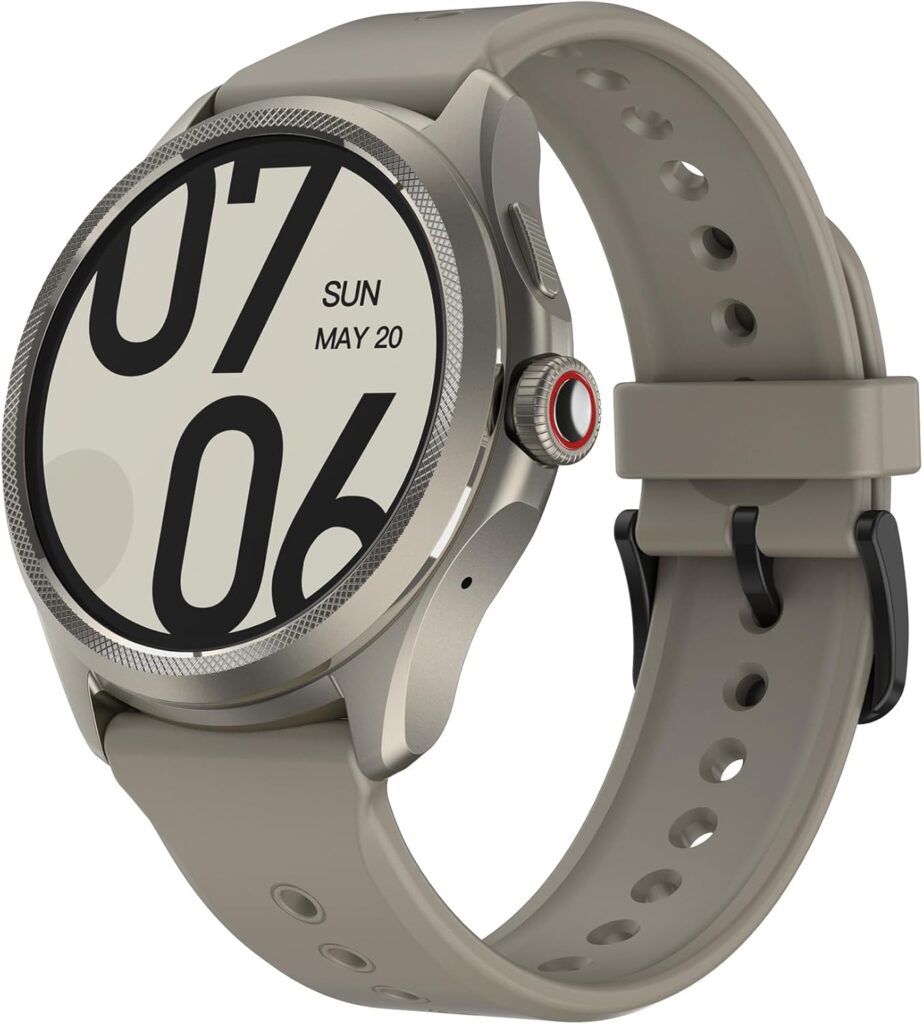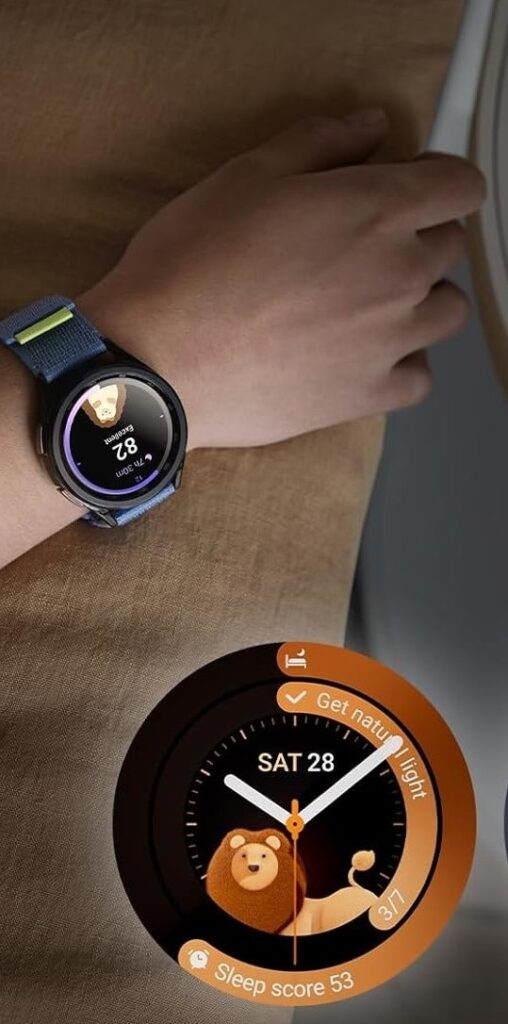Modern life presents countless stressors that significantly impact our physical and mental well-being, making stress monitoring essential for comprehensive health management. Smartwatches have revolutionized how we track and understand stress levels, offering real-time insights through advanced wearable technology once available only in medical settings. These innovative devices utilize sophisticated sensors and algorithms to monitor stress levels continuously, providing valuable data about physiological responses to daily challenges. From heart rate variability tracking to electrodermal activity monitoring, smartwatches deliver comprehensive stress analysis that empowers users to make informed wellness decisions.
Understanding Smartwatch Stress Monitoring Technology
Stress monitoring through smartwatches primarily relies on heart rate variability (HRV) analysis, which measures variation in time between consecutive heartbeats. When experiencing stress, your autonomic nervous system responds by reducing HRV, while relaxation typically increases these variations. Advanced smartwatches continuously monitor these subtle changes, providing real-time stress level assessments.
Modern wearable devices integrate multiple sensors to enhance monitoring accuracy. Photoplethysmography (PPG) sensors emit light to measure blood volume changes, while electrodermal activity (EDA) sensors detect tiny changes in skin conductance that indicate stress responses. Some devices also incorporate skin temperature monitoring for comprehensive assessment.
Premium Stress Monitoring Leader:
- Fitbit Sense 2: Features advanced EDA sensors, comprehensive stress tracking, guided meditation sessions, mindfulness reminders, and detailed stress management insights perfect for users prioritizing mental wellness.
Heart Rate Variability and Stress Detection
Heart rate variability serves as the foundation for most smartwatch stress monitoring systems. Higher HRV typically indicates better stress resilience and recovery capacity, while consistently low HRV may suggest chronic stress or insufficient recovery. Smartwatches analyze HRV patterns throughout the day, identifying periods of elevated stress and recommending appropriate interventions.
Accuracy depends on establishing individual baselines through consistent device usage. Most smartwatches require several weeks of continuous wear to calibrate personalized stress thresholds and provide meaningful insights.
HRV Specialists:
- Garmin Vivosmart 5: Delivers precise HRV-based stress scoring, all-day stress tracking, relaxation breathing timer, and comprehensive wellness insights in a slim, comfortable design.
- Polar Ignite 3: Offers advanced HRV analysis, stress and recovery insights, guided breathing exercises, and personalized training recommendations based on stress levels.
Electrodermal Activity Monitoring
Electrodermal activity (EDA) monitoring represents one of the most advanced stress detection technologies available in consumer smartwatches. EDA sensors measure microscopic changes in skin conductance caused by sweat gland activity, which increases during stress responses. This technology provides immediate feedback about stress levels and emotional states.
EDA-enabled smartwatches detect stress responses that might not be apparent through heart rate monitoring alone, offering more comprehensive assessment capabilities. Users can perform guided EDA scans to receive real-time stress level readings.
EDA Monitoring Champions:
- Samsung Galaxy Watch 6: Integrates advanced biosensors including EDA monitoring, comprehensive health tracking, stress notifications, and guided meditation features perfect for holistic stress management.
- Apple Watch Series 9: Provides comprehensive stress monitoring, breathing app integration, mindfulness reminders, and seamless health app synchronization for complete wellness tracking.
Real-Time Stress Alerts and Interventions
Modern smartwatches excel at providing timely stress alerts when elevated levels are detected, enabling immediate intervention before stress escalates. These notifications prompt users to engage in stress-reduction techniques such as breathing exercises, brief meditation sessions, or short breaks from stressful activities.
Intelligent stress management features include guided breathing exercises with haptic feedback, mindfulness reminders, and personalized relaxation suggestions based on individual patterns. Some devices offer adaptive stress coaching that learns from responses and provides increasingly personalized recommendations.
Smart Intervention Options:
- Amazfit GTR 3 Pro: Offers stress monitoring capabilities, guided breathing exercises, sleep stress analysis, comprehensive wellness insights, and excellent battery life for continuous tracking.
- Garmin Venu 3: Combines comprehensive stress monitoring with lifestyle tracking, animated workout guidance, and detailed stress pattern analysis for holistic wellness management.
Sleep and Recovery Stress Analysis
Quality sleep plays a crucial role in stress recovery and overall wellness, making sleep-related stress monitoring essential. These devices analyze sleep stages, heart rate variability during rest, and recovery metrics to assess how well your body manages daily stress.
Sleep stress analysis helps identify whether poor sleep quality contributes to elevated daytime stress levels or if high stress impacts sleep quality. This bidirectional relationship provides valuable insights for optimizing both sleep hygiene and stress management strategies.
Sleep-Stress Specialists:
- Oura Ring Generation 3: Offers exceptional sleep and recovery analysis, HRV tracking, temperature monitoring, and comprehensive stress insights through detailed sleep-stress correlation data.
- Whoop 4.0: Provides advanced recovery metrics, strain monitoring, sleep optimization insights, and detailed stress-recovery analysis perfect for fitness enthusiasts prioritizing wellness.
Lifestyle Integration and Pattern Recognition
Advanced smartwatch stress monitoring extends beyond immediate detection to include comprehensive lifestyle integration and pattern recognition. These devices track how different activities, environments, and situations affect stress levels, providing valuable insights for lifestyle optimization.
Pattern recognition algorithms identify recurring stress triggers, optimal relaxation times, and effective stress management techniques specific to your lifestyle. This data empowers users to make informed decisions about daily routines based on objective physiological data.
Final Recommendation:
- TicWatch Pro 5: Features dual-display technology, comprehensive health monitoring including stress tracking, Google Wear OS integration, and extensive battery life ideal for continuous monitoring.
Accuracy and Best Practices
While smartwatch stress monitoring technology has advanced significantly, understanding accuracy limitations ensures optimal results. Consistent device wear, especially during sleep, helps establish accurate individual baselines. Environmental factors, physical activity, caffeine consumption, and medication can influence monitoring accuracy.
For maximum accuracy, users should wear their smartwatch consistently, maintain proper device fit, and allow adequate calibration time. Combining smartwatch data with subjective stress assessments provides comprehensive understanding of personal stress patterns.
Medical Applications and Professional Integration
Advanced smartwatch stress monitoring capabilities are increasingly integrated into healthcare settings and professional wellness programs. Healthcare providers can access objective stress data to supplement traditional assessments, while some smartwatches offer medical-grade monitoring capabilities that can be shared with healthcare professionals for comprehensive treatment plans.
Conclusion
Monitoring stress levels with smartwatches represents a significant advancement in personal wellness technology, offering unprecedented insights into physiological responses to daily challenges. From heart rate variability analysis to electrodermal activity monitoring, these sophisticated wearable devices provide comprehensive stress assessment capabilities once available only in clinical settings.
By leveraging continuous stress monitoring capabilities, real-time alerts, guided interventions, and lifestyle integration, users can develop more effective stress management techniques and improve overall well-being. The key to successful smartwatch stress monitoring lies in consistent device usage, understanding personal patterns, and integrating objective data with subjective experiences.
Remember that smartwatch stress monitoring should complement, not replace, professional healthcare when dealing with chronic stress or anxiety disorders. These devices provide valuable tools for awareness and management, but serious stress-related health concerns should always be addressed with qualified healthcare professionals.

